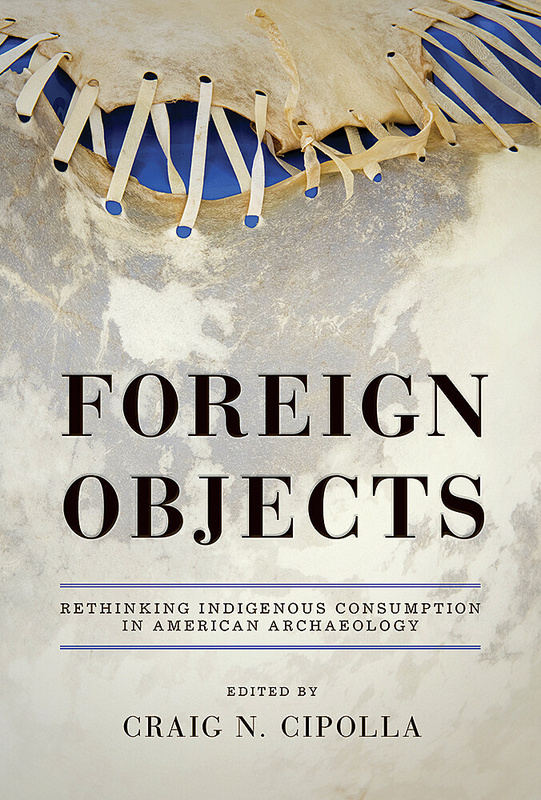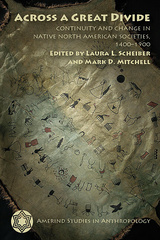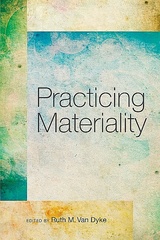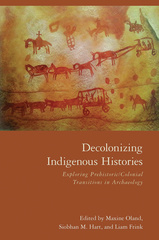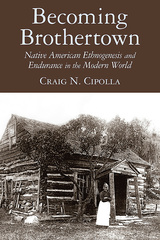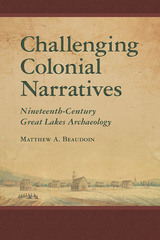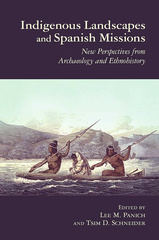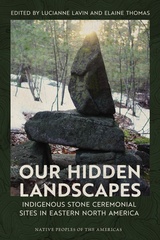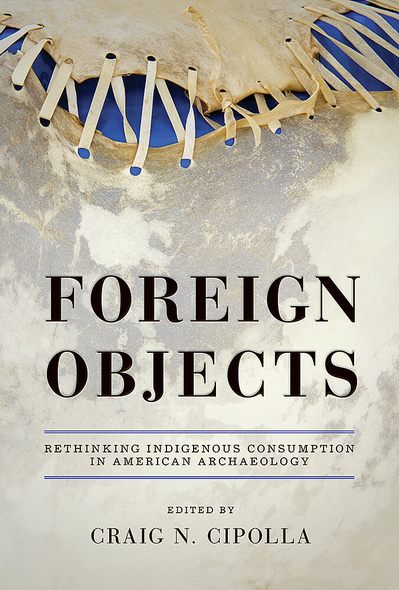
Foreign Objects
Rethinking Indigenous Consumption in American Archaeology
Brass tinklers and pendants. Owl effigies, copper kettles, crucifixes with blue glass stones. What do they have in common? The answer spans thousands of years and a multitude of peoples and places, and reveals how people made sense of their world as they collected and used the objects they encountered.
Foreign Objects demonstrates the breadth and vibrancy of contemporary archaeology. Taking a broad set of archaeological cases from across the Americas, editor Craig N. Cipolla and the volume contributors explore how indigenous communities have socialized foreign objects over time. The book critiques the artificial divide between prehistory and history, studying instead the long-term indigenous histories of consumption, a term typically associated with capitalism and modern-world colonialism.
The case studies range from “exotic” stone tools used millennia ago to nineteenth-century patent medicines made and marketed by an Indian doctress. Foreign Objects focuses on how indigenous groups and foreign objects became entangled with one another in myriad ways. The book explores how the framework of consumption can shed new light on trade, exchange, materiality, and cultural production.
Contributors place foreign objects in the spotlight and offer a comparison of how this general class of material played a part in indigenous and colonial worlds. Each chapter illustrates how notions of consumption fit into their place in time and also delves into how foreign objects related to ideas of the body and personhood, how people used them to participate in political and spiritual worlds, and how they presented new ways of enduring or resisting European colonialism and capitalism. Foreign Objects is a critical look at consumption through the lens of indigenous knowledge and archaeological theory.
Contributors:
Matthew A. Beaudoin
Lewis Borck
Kathleen J. Bragdon
Craig N. Cipolla
Charles R. Cobb
John L. Creese
Diana DiPaolo Loren
Martin Gallivan
Meghan C. L. Howey
Barbara J. Mills
Maxine Oland
Lee M. Panich
Patricia E. Rubertone
Christopher Shephard
Keith D. Stephenson
Showcase[s] an intellectually vibrant historical archaeology that should garner the attention of archaeologists of all persuasions.’—Antiquity
‘A significant step toward defining a new area of study.'—Christina J. Hodge, author of Consumerism and the Emergence of the Middle Class in Colonial America
‘The authors in this book challenge the notion that indigenous people naively adopted 'foreign' things and ideas without thoughtful cultural engagement and interpretation of these objects into their own systems.’—Liam Frink, author of A Tale of Three Villages: Indigenous-Colonial Interactions in Southwestern Alaska, 1740–1950
Craig N. Cipolla is an associate curator of North American archaeology at the Royal Ontario Museum and an assistant professor of anthropology at the University of Toronto. He is the co-author of Archaeological Theory in the New Millennium, author of Becoming Brothertown, and co-editor of Rethinking Colonialism.
Introduction: Indigenous People and Foreign Objects: Rethinking Consumption in American Archaeology
Craig N. Cipolla
Extending Consumption
1. Approaching an Archaeology of Choice: Consumption, Resistance, and Religion in the Prehispanic Southwest
Lewis Borck and Barbara J. Mills
2. A Tale of T wo Settlements: Consumption and the Historical Archaeology of N atives and Newcomers in the 19th-Century Great Lakes Region
Matthew A. Beaudoin
Defining Bodies and Persons
3. B eyond Representation: Indigenous Economies of Affect in the Northeast Woodlands
John L. Creese
4. Powhatan Sovereignty and Consumer Politics in the Algonquian Chesapeake
Christopher Shephard and Martin Gallivan
5. Christian Symbols in Native Lives: Medals and Crucifixes in the Tunica Region of French Colonial Louisiana
Diana DiPaolo Loren
6. Our Strange Garments: Cloth and Clothing among Native Elites in 17th-Century New England
Kathleen J . Bragdon
Negotiating Political and Spiritual Worlds
7. The Olive Jar in the Shrine: Situating Spanish Objects within a 15th- to 17th-Century Maya Worldview
Maxine Oland
8. Cosmic Debt and Relational Consumption
Charles R . Cobb and Keith D. Stephenson
9. Sympathetic Magic and Indigenous Consumption of Kettles during Early Colonial Encounter in the Northeast
Meghan C. L. Howey
Resisting and Enduring
10. Indigenous Vaqueros in Colonial California: Labor, Identity, and Autonomy
Lee M. Panich
11. Archaeologies of Native Production and Marketing in 19th-Century New England
Patricia E. Rubertone
Postscript: Postcolonial Archaeology in the Age of Things
Craig N. Cipolla
References Cited
Contributors
Index

